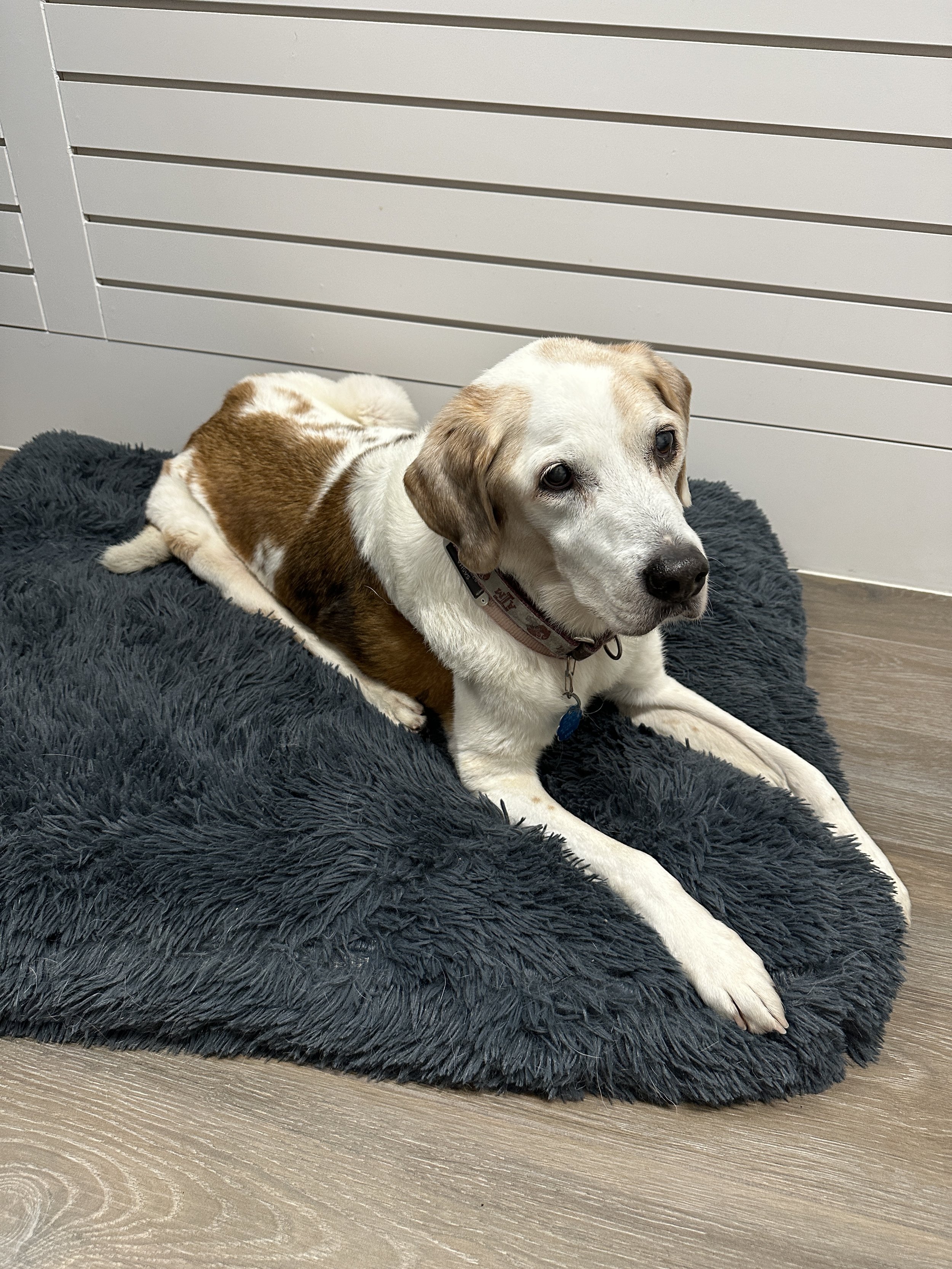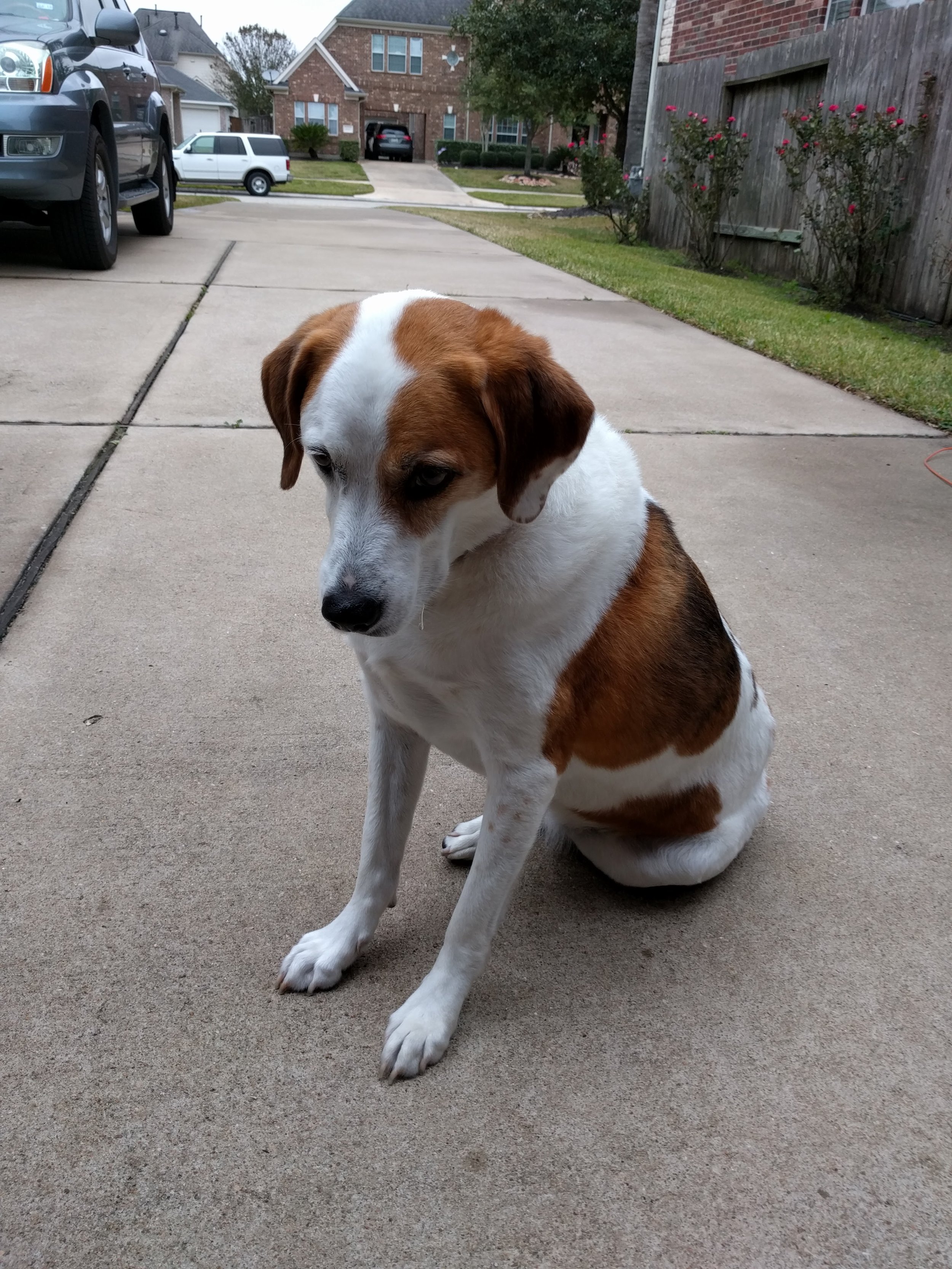If 2024 was a transition year, 2025 was the year where things came together for my life in SF. I got settled professionally, finding myself in a new role that’s much more aligned to my personal interests (and one which I’m far happier at!); I feel more settled socially (I was already feeling good about this at the end of 2024, but funny enough a lot of my college friends moved to the Bay Area too); I even got “settled geographically” by moving to Potrero Hill in the city proper (Mountain View is nice, but it’s nicer to be around folks under 45). At the end of 2024, I don’t think I could have forecasted 2025 being the way it was, but it certainly exceeded expectations.
PROGRESS ON 2025 GOALS
I hit most of my physical fitness goals! I clocked a 1:44:48 for a half marathon (I ran it on a track, so I trust my distance despite my watch reading 21.08 km after I saved the workout). At my last DEXA scan at the end of September, I measured 165 lbs. at 15.2% body fat, which is close enough that I’ll count it as a pass (though my end of year trip to Italy + injury may have set me back a bit). I didn’t set any targets on my primary lifts (which was intentional), but I last recorded 5 rep maxes of 115 lbs. for overhead press (vs. 105 in Dec. 2024), 270 lbs. for deadlift (vs. 205 in Dec. 2024), 180 lbs. for bench press (vs. 165 in Dec. 2024), and 230 for squat (vs. 185 in Oct. 2024). Overall I’m super pleased here - I’m less focused on hitting every goal on time; what matters to me is that the overall trajectory is positive, and it very much is. I did not attempt any sort of triathlon in 2025, but that doesn’t really bother me.
There was no clear goal written down for #2, though early in the year I had thought that I’d figure out a way to do some sort of trip in between getting into an MBA program and starting said MBA program. That ended up not happening (taking my new gig reduced my desire to take a sabbatical; I didn’t get into any of the MBA programs I applied to either!), though I’m okay with how things played out…
…because somehow, I nailed finding good “fit”. Of course, a large part of this is due to luck (on the career front, I wrote a bit about this here), so I don’t know that I should be patting myself on the shoulder. In any case, I’m grateful for how things shaped out.
HIGHLIGHTS FROM 2025
I started to pick up golf, and even bought a beginner set of clubs and everything. I ended up not pursuing that much further, though my sessions at the range did help me not embarrass myself later in the year at a Topgolf work social. Later in the year I picked up squash, which I am much more into (though I can’t say I’m that much better).
I applied to business schools, really bombed at least one interview, and then got rejected…
…around the same time as I got a DM on LinkedIn seeing if I was interested in a role at a VC firm that I had never heard of before. Some of my friends certainly had, which certainly made for a funny question at brunch.
I moved up to SF proper, and spent a fair bit of time hanging out, hosting poker nights, and shooting the breeze with friends. I also explored some of the more uniquely SF events: the Hunky Jesus Contest at Mission Dolores, Fleet Week, Dance-o-ween, and SantaCon (which isn’t unique to SF, but it’s still good fun).
Friends got married in Monterrey (which gave me a good excuse to visit the Aquarium there and try some amazing clam chowder afterwards), Dallas (good excuse to visit Babe’s for fried chicken - you know the chicken is good when the guys are 300+ lbs.), Mexico (good excuse for tacos, as if I needed one)
I visited NYC for a weekend, ate at Eleven Madison Park (cool time, overpriced for what it was, still glad I went), and saw some old friends from BCG.
I explored nature around Northern California: Point Reyes National Seashore, Yosemite National Park, various hikes around Marin, a bike ride up Mt. Diablo… California is quite pretty.
I made several weekend trips to Austin, during which I tried KG BBQ (Texan-Egyptian fusion, very solid), returned to Interstellar, watched a football game, hung out with old roommates, saw family friends, and overall had a blast. Showing the Australians around there was an adventure in the best way.
I tried SF’s main bakeries: Breadbelly, Tartine, Arsicault, b.patisserie, and a few others (Tartine is my overall favorite, but I’ve always been more of a savory person vs. sweet).
At work, I got to briefly return to my energy roots and spent some time with a company called Base Power as they were raising their Series C. I do enjoy being a power nerd...
I explored the world of tinned fish in much more depth than I had before (and my new MO is to pair with water crackers). I still have so many tins to go through…
Several friends (most of whom were previous roommates!) from college moved over to SF. A good reminder that the people make the place.
Relatedly, I held my best ever Friendsgiving this year (making it a potluck was 10x better than buying pre-made meals from the grocery store, even if that grocery store was Central Market).
Car stuff happened: my car got broken into, I got a new one (new-to-me), and I learned that said new-to-me car was built to be treated delicately when I found myself pushing it across an intersection to get it to the service center.
Finally, I closed out the year with a trip to Italy (Sicily and the Amalfi Coast) with my parents. The food is really everything folks make it out to be, and then some.
GOALS FOR 2026
Physical fitness: again, my focus here is more on consistency of effort and the direction of progress vs. the magnitude thereof, but I’d like to continue to less (1) less body fat, (2) more weight, (3) heavier lifts, and (4) faster times on distance events (half-marathons). My guess for what’s achievable by the end of 2026 would be (1/2) 12% body fat at 170 lbs. total weight, (3) hitting 5 rep maxes of 125 / 200 / 250 / 300 on my overhead press / bench press / back squat / deadlift, and (4) maintaining a 1:45:00 half marathon time.
Continue to make the most out of my time in SF: spending it with great people, working on cool things, and exploring the natural beauty of California
THINGS TO PONDER
On one hand, I’m pretty happy with my current job, and I’ve got a front row seat to one of the most exciting technologies out there (possibly ever?); if I left my job, I might not be able to land in a similar spot again. Rolling the dice from a strong position typically yields negative outcomes, but I also think back to the “time buckets” concept from Die With Zero and think about what I want to accomplish before I have a family in the picture. Taking 6 months to go to Europe, learn Spanish, hike in the mountains, and who knows what else sounds exciting, but it’s harder to do when you’re married or have kids. Perhaps things will naturally work out at the next job transition, whenever that may be.
How long will I remain in SF? It’s “where the story is told” for AI, but I don’t see myself settling down there for the long haul, mostly because it’s too expensive. Every time I visit Austin I notice how much happier I am there… though this probably isn’t something I have to decide for a while.










